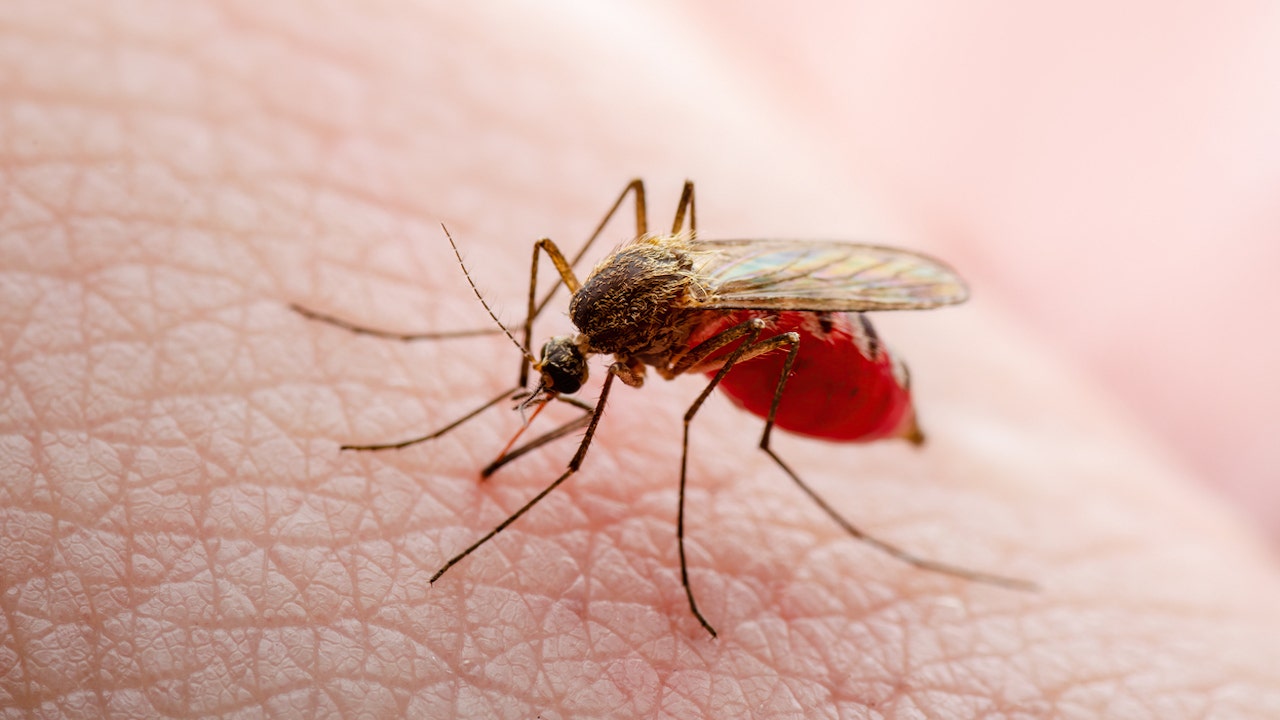SEOUL – South Korea’s government criticized senior doctors at a major hospital for threatening to resign in support of the weekslong walkouts by thousands of medical interns and residents that have disrupted hospital operations.
About 12,000 junior doctors in South Korea have been off the job for a month to protest a government plan to sharply increase medical school admissions. Officials say the plan is meant to add more doctors to deal with the country’s rapidly aging society, but doctors say universities can’t handle an abrupt, steep increase in the number of students, and that would eventually hurt the quality of South Korea’s medical services.
The government began steps a week ago to suspend the licenses of the striking doctors, after they missed a government-set Feb. 29 deadline for their return.
The walkouts now threaten to enter a critical phase as senior doctors at the Seoul National University Hospital decided Monday to resign en mass if the government doesn’t come up with measures that can address the dispute by early next week. Senior doctors at other major university hospitals could take similar steps.
The decision was made by an emergency committee of the school’s medical professors, most of whom concurrently work as doctors at the hospital.
“If the government doesn’t take steps toward sincere, reasonable measures to resolve the issue, we decided to submit resignations, starting from March 18,” Park JaeSeung, leader of the emergency committee, told reporters Monday.
In a briefing Tuesday, Vice Health Minister Park Min-soo called the senior doctor’s decision “very regrettable.” He said they should work with the government to persuade the junior doctors to return to work.
“The people would find it difficult to understand another collective resignation that would put the lives of patients at risk,” Vice Minister Park said.
He said that Health Minister Cho KyooHong met some of the striking junior doctors, but he refused to provide details of the meeting, saying the strikers asked for the meeting to held in a closed-door manner. There were no immediate reports of a breakthrough.
It was the first meeting between the government and the strikers since authorities began taking a series of administrative steps on March 4 to suspend the strikers’ licenses. The steps include sending notices to the strikers about their planned suspensions and giving them opportunities to respond before their suspensions take effect.
Officials have said the striking doctors would face minimum three-month license suspensions and prosecutions. No suspensions have been reported completed yet.
The striking junior doctors represent only about 6.5% of the country’s 140,000 doctors. But in some major hospitals like the Seoul National University Hospital, they account for about 30%-40% of the total doctors, assisting senior doctors during surgeries and dealing with inpatients while training. Their walkouts have subsequently caused numerous canceled surgeries and other treatments at their hospitals and burdened South Korea’s medical service.
In early February, South Korea’s government said it would increase the country’s medical school enrollment quota by 2,000 starting next year, from the current cap of 3,058 that has been unchanged since 2006.
Officials say South Korea’s doctor-to-population ratio is one of the lowest in the developed world, and that more doctors are required to address a long-standing shortage of physicians in rural areas and in essential yet low-paying specialties.
But doctors say newly recruited students would also try to work in the capital region and in high-paying fields like plastic surgery and dermatology. They say the government plan would also result in doctors performing unnecessary treatment due to increased competition.
The doctors’ protests have failed to win public support. Critics say doctors — one of the best-paid professions in South Korea — are only worrying about the possibility of a lower income in the future.
Copyright 2024 The Associated Press. All rights reserved. This material may not be published, broadcast, rewritten or redistributed without permission.





